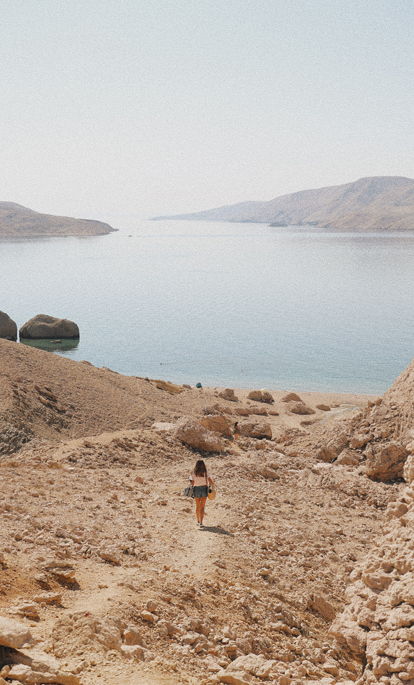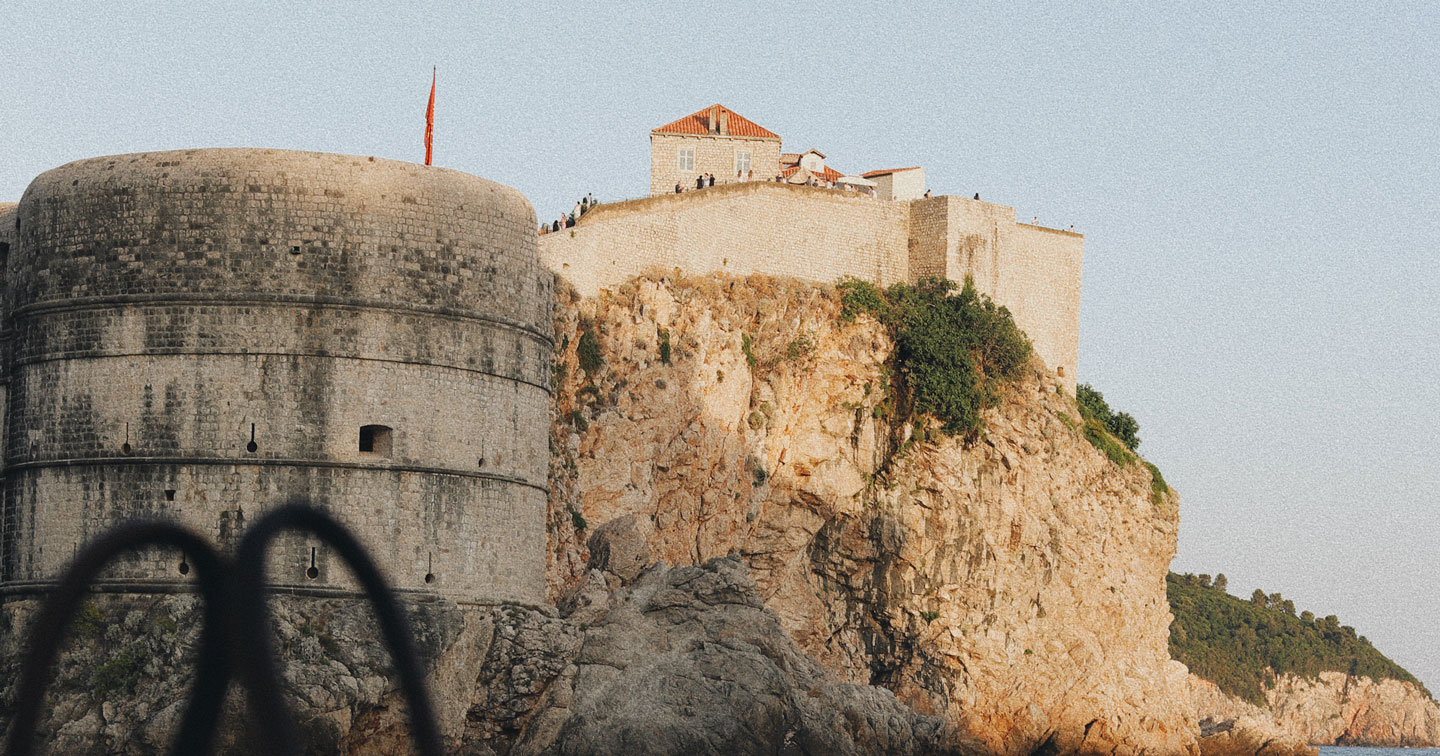
A few suggestions to get the holiday planning process started

Providing insider tips on hidden gems and lesser-explored regions, from the Istria peninsula to tiny Adriatic islands, our team use their expertise to design your perfect Croatia trip. Our vetted local guides know the best tour times to avoid crowds and can organise authentic experiences like cooking and dining with a Croatian family (and an interpreter). We work with accommodation for every traveller, from chartered yachts to boutique island hotels and sprawling villas. On the ground, our friendly Concierges will impart handy tips and tricks to enhance your trip, like where to find parking spots in busy cities (not an easy feat).
ENQUIRE NOWDiscover different ways to explore Croatia
Practical advice and inspiration to help you prepare for your holiday
Leave your Croatia holiday planning to the experts (that's us). Our consultants have in-depth knowledge of the country, spanning its historic cities and idyllic islands. Not sure which Adriatic isle to visit? We'll find the perfect fit, whether you want to head off the beaten track or delve into local culture. Advising on the logistics of getting from A to B (be it by car or ferry) in this lengthy nation, we know the best routes to take so you don't miss a thing. Our local guides will help you steer clear of cruise ship crowds, while our Concierges are just a WhatsApp away with under-the-radar restaurant recommendations and more.

In a country at the crossroads of Central and Southeast Europe, Croatia encompasses a blend of cultural spheres - with Roman, Byzantine, European and Mediterranean influences. Enjoy the historically rich cities such as Dubrovnik, Split (both UNESCO-listed) and Zagreb, all brimming with culture. Or consider Pula, a seafront outpost on the Istrian Peninsula, with a wealth of Roman architecture - including one of the best-preserved amphitheatres in the world. History buff or not, it’s virtually impossible not to be bowled over by Croatia’s plentiful charm - secluded coves, the jewel-like Plitvice lakes and the plethora of tiny restaurants serving seafood pasta, fresh lobster and octopus risotto.
Those who like to experience culture in a laid back manner, while diving into nature and seeking out unspoiled beaches. While the younger 'summer-in-Europe' crowd flock to Croatia's mainland and islands for popular music festivals, the country is also a great luxury holiday choice for families, couples and sun-seekers alike. The Croatia luxury holiday scene has something for everyone - aside from magnificent beaches, sailing opportunities, delicious fresh food and fabulous hotels and resorts, there are historic sites aplenty to explore and cute cobbled alleyways to get lost in.
With history and culture in abundance, the impossibly picturesque city of Dubrovnik is an obvious choice for a long-weekend getaway - 36 hours should give you the chance to fully explore its medieval city walks, baroque churches and charming waterside restaurants. Another option would be a visit to the sought-after capital of Zagreb, utterly charming with its strollable streets (they’re even pedestrianised) lined with galleries and cool cafes. If you have more time, then why not discover Croatia’s lesser-known delights on the sparkling Dalmatian Coast - there is Hvar, as attractive as it is trendy, with chic restaurants, a yacht-filled harbour, cobbled streets and a Renaissance cathedral. The old town of Split is equally rewarding, offering boundless medieval churches and Roman ruins. One day you may like to go off-road with a private guide to discover lavender farms, rolling vineyards and waterfall-fed national parks. For a Croatia holiday with a different dimension, the Dalmatian coastline is very special indeed when explored from a luxury yacht, with its azure water, island-filled horizon and dramatic mountain backdrop.
Spend your days roaming the Dalmation coast in a convertible car. From the historic Split to Dubrovnik, our little black book can help you discover the best seafood restaurants, secret bars and pine-filled parks. We’ll set you up in the coolest hotels whether it’s a stylish villa or a restored palace. Sail away on a private yacht, island hopping in the sparkling Adriatic. Explore isolated coves, perfect for a swim and an afternoon snooze or moor up next to waterside cafes for an ice-cold glass of Posip (Croatian wine) and some barbecued sea bass. To the north, gourmet-haven Istria is set to become a firm favourite thanks to its Italianate influences (of the edible variety, particularly) and yet more beautiful coastline, as well as quaint scenes of local fishermen freeing their nets for a morning catch.

Our team of destination experts will get to know you and your unique requirements for your holiday

We work with you to build an ultra-personalised holiday itinerary with your choice of accommodation, experiences and activities

All of our holidays include little extras designed to make a big difference to your trip, from fast-tracking you through airport check-in and security to our network of local Concierges